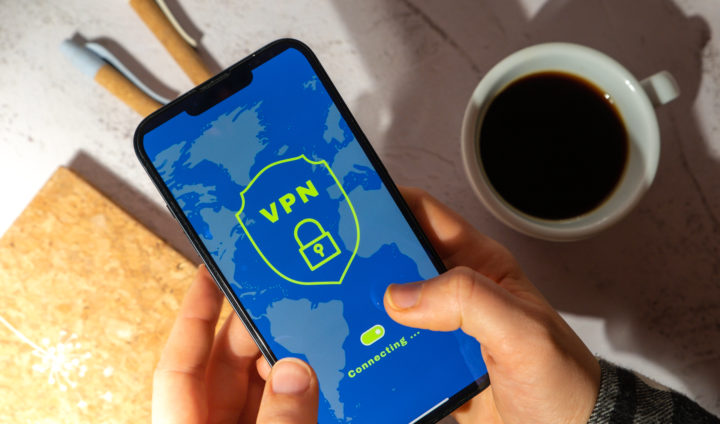The head of Pakistan’s top Islamic council, Raghib Naeemi, has declared the use of Virtual Private Networks (VPNs) for certain purposes as “un-Islamic,” linking it to concerns about national security and character assassination. His remarks come amid reports that the Pakistani government may impose a ban on VPNs. According to Naeemi, the use of VPNs to access indecent or immoral content, engage in character assassination, issue statements against national security, or spread blasphemy violates Islamic principles. However, he clarified that VPN use for educational, communicative, or positive purposes is permissible.
Naeemi’s comments have sparked controversy, with fellow members of the Council of Islamic Ideology (CII) and other religious scholars distancing themselves from his stance. The statement coincides with reports of the government’s intent to tighten control over digital platforms, including a possible VPN ban. On Friday, Naeemi issued a proclamation reiterating that using VPNs to access blocked websites or engage in illegal activities contradicts Sharia law. He also argued that Islamic laws empower the government to prevent the spread of societal evils.
The CII, traditionally focused on advising parliament on aligning laws with Islamic teachings, has rarely delved into administrative or technological issues, making this proclamation particularly unexpected. The council’s limited mandate has raised questions about the relevance and implications of Naeemi’s remarks, especially as the government increasingly targets digital platforms under the guise of national security.
VPN usage in Pakistan has risen sharply, particularly after the government banned the social media platform X (formerly Twitter) in February, affecting many in the gig economy. In court filings, the government described X as a “threat to national security” and alleged that VPNs were being exploited to access restricted content, including pornography and terrorist material. Although the Pakistan Telecommunication Authority has introduced a VPN registration programme for IT professionals and freelancers, it has yet to receive formal instructions to enforce a ban. Meanwhile, the military leadership has warned against “digital terrorism” and the spread of misinformation aimed at creating divisions within the country.







